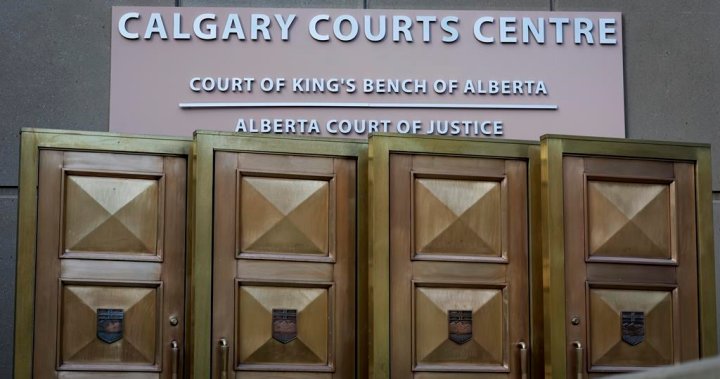Two Calgarians, Robert Lehodey and Wesley Twiss, have filed an application for a judicial review of city council’s decision to forego a plebiscite regarding a proposed blanket rezoning bylaw. The motion to hold a plebiscite on the proposed citywide rezoning was defeated in March, and a public hearing is scheduled to begin on April 22, with over 650 people registered to speak. The applicants argue that council’s decision violates the Municipal Governance Act, which outlines a municipality’s responsibility to achieve orderly and beneficial development without infringing on individuals’ rights for any public interest unless necessary for the overall greater public interest.
Lehodey and Twiss claim that council also failed to comply with a section of the MGA requiring a public hearing before giving second reading to proposed bylaws on development and land use. They are seeking a judicial review to declare the decision to not hold a plebiscite as procedurally and substantially invalid. The City of Calgary declined to comment on matters before the courts, but Lehodey expressed concerns that by not holding a plebiscite, property owners are being denied the right to make representations and objections when developments inconsistent with existing zoning are proposed. He argued that residents in affected areas are being denied a forum to voice their concerns.
Lehodey pointed out that many homeowners choose properties in specific neighborhoods based on certain rules and restrictions, and not being able to object to rezoning could impact their quality of life. He emphasized the importance of property owners having a voice in the decision-making process, especially in areas where up-zoning could significantly affect the community. He noted that the plebiscite would involve surveying over 1 million Calgary residents, compared to a public hearing with a limited number of speakers and written submissions. The judicial review is seen as a tool for an independent body, such as the courts, to assess whether council acted appropriately in not holding a plebiscite.
The applicants believe that city council was elected to uphold the rights of property owners and should not unilaterally take them away through decisions such as the blanket rezoning bylaw. The lack of a plebiscite could potentially lead to developers buying properties and building unapproved structures in areas where residents have specific expectations about neighborhood development. By seeking a judicial review, Lehodey and Twiss hope to ensure that the rights of individual property owners in affected communities are protected and that their voices are heard in the decision-making process. They want an independent evaluation of council’s actions to determine if the decision to not hold a plebiscite was appropriate given the potential impact on property owners.
In conclusion, the judicial review filed by Lehodey and Twiss seeks to challenge city council’s decision to forego a plebiscite regarding the proposed blanket rezoning bylaw in Calgary. The applicants argue that council’s actions violate the Municipal Governance Act and deny property owners the right to have their voices heard in the development process. They believe that upzoning without a plebiscite could have significant implications for affected communities and property owners. The outcome of the judicial review will determine whether council acted appropriately in not holding a plebiscite and whether the rights of property owners in R-C1 and R-C2-zoned areas are being upheld.


